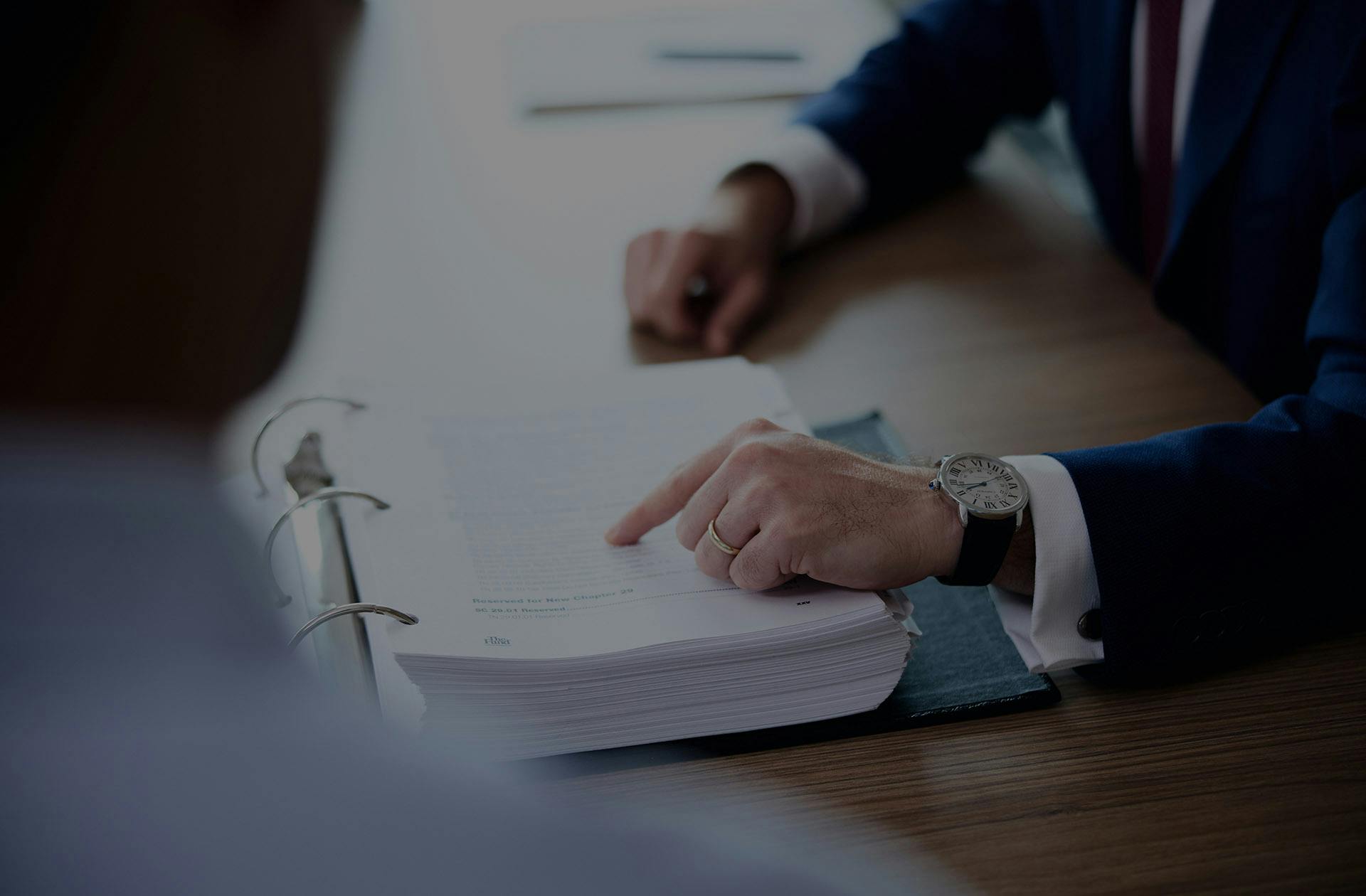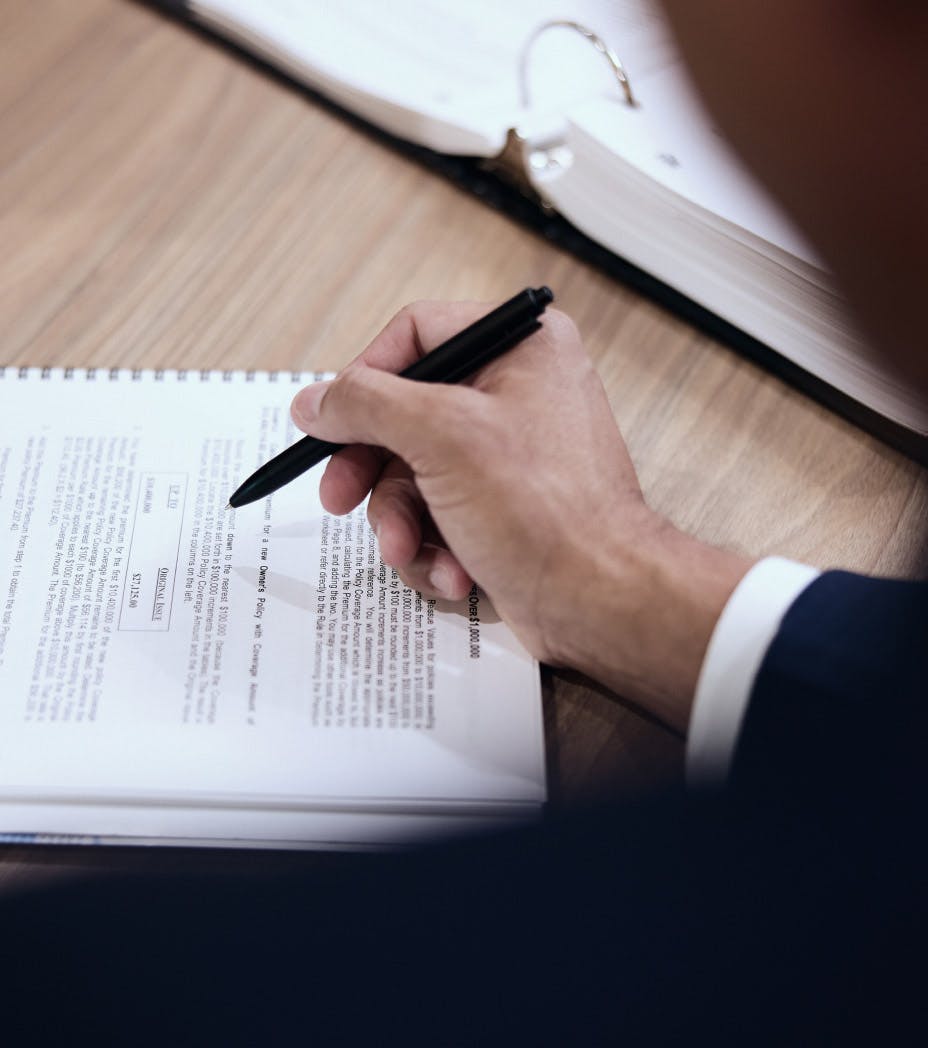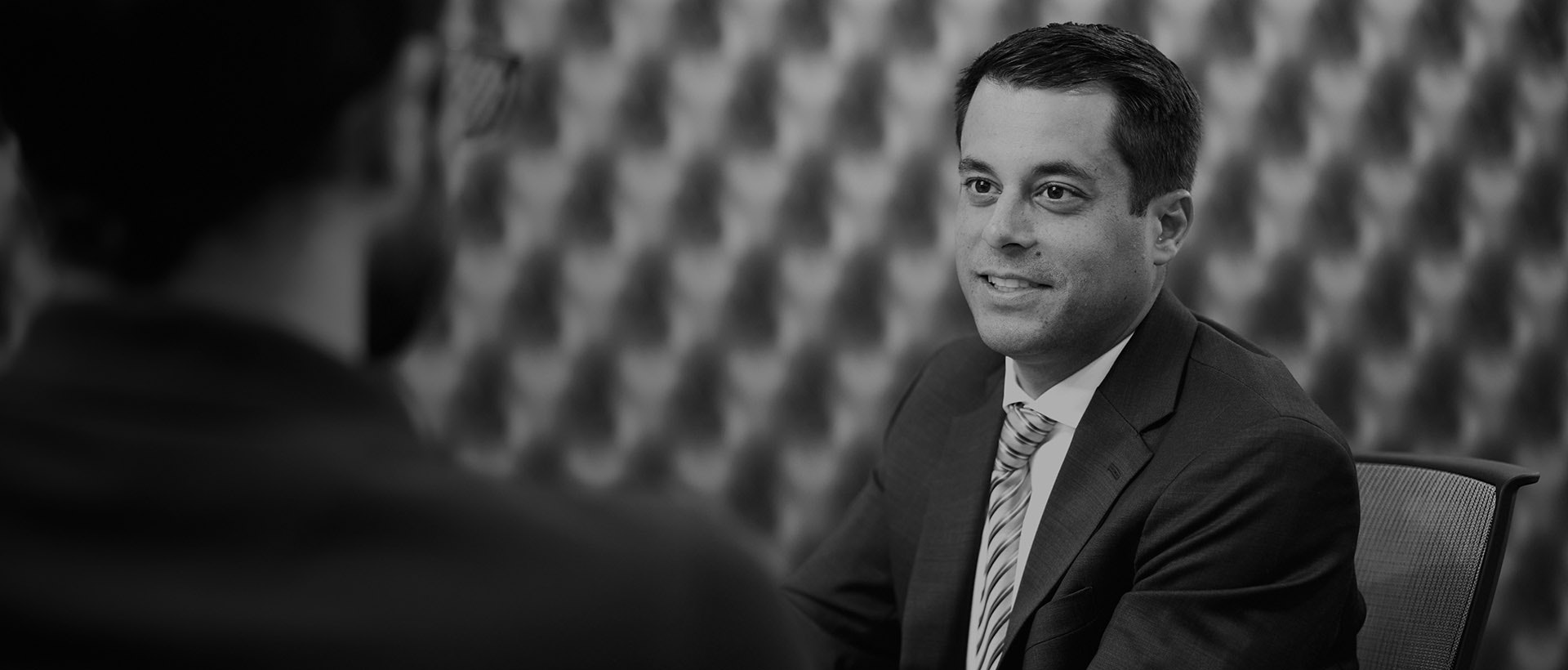Get the Mold Damage Coverage You're Entitled To
Maximize Your Mold Damage Claim
Insurers commonly use ambiguous policy language and exclusions to reduce or deny your mold claim. Our dedicated attorneys have an established track record of successfully challenging these tactics, ensuring that your claim receives comprehensive evaluation and aggressive advocacy.
With Vargas Gonzalez Delombard at your side, you can be confident in securing:
- Full remediation coverage, including cleanup, removal, and restoration
- Costs related to temporary relocation or loss of use
- Compensation for associated structural damages






